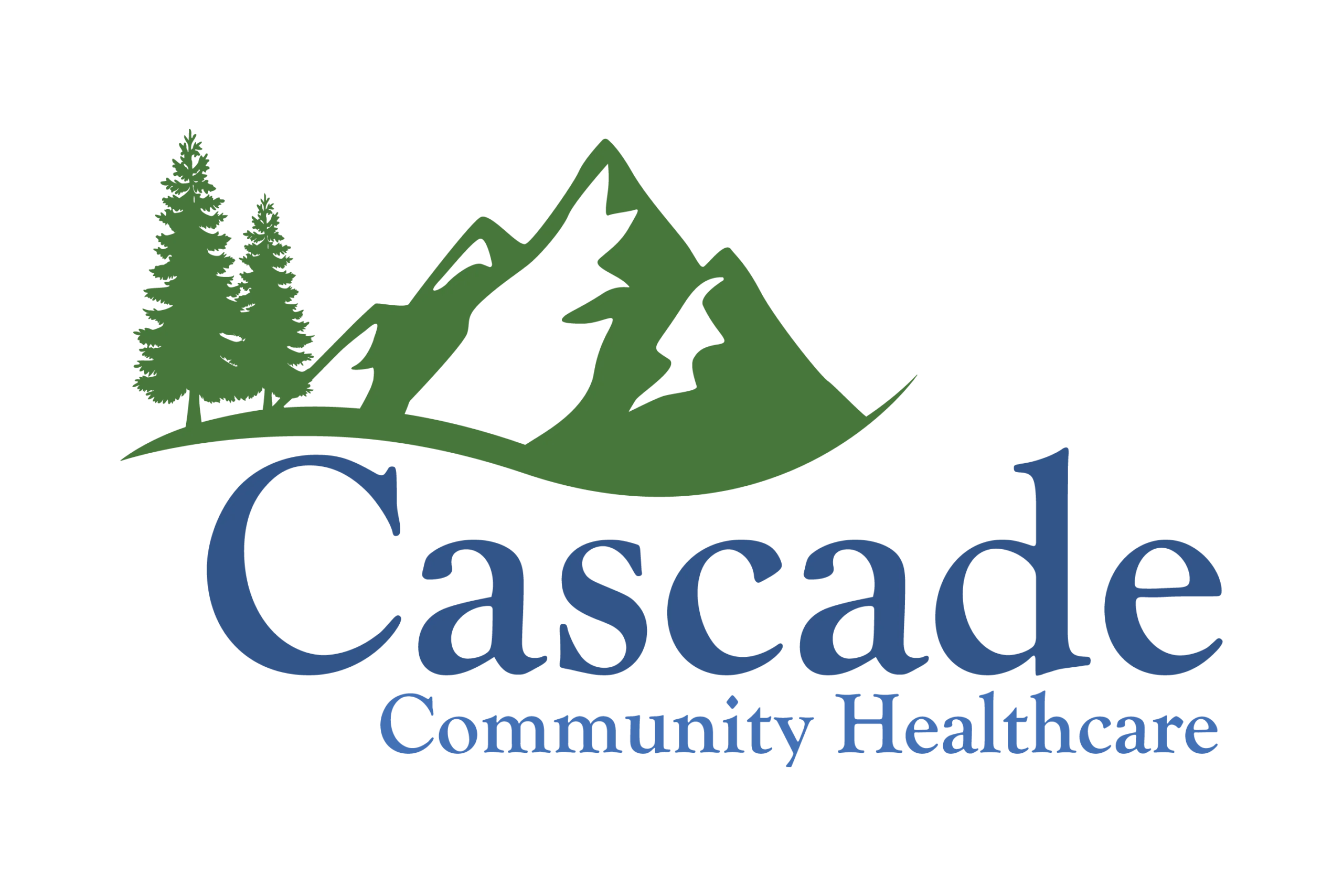Which America do you live in? A personal reflection on ‘American Nations’
If you’ve ever wondered why Americans can look at the same set of facts and come away with completely different beliefs, you’re not alone. For years, I thought the differences came down to politics or personality. But then I read “American Nations” by Colin Woodard, and something clicked.
Woodard doesn’t just redraw the map of the United States — he redefines what we mean when we say “America.” His idea is simple but profound: the U.S. isn’t one country, culturally speaking. It’s 11. Eleven distinct regional “nations,” each with its own founding values, cultural DNA and sense of what freedom, justice and community mean.
There’s Yankeedom, built on Puritan ideals and civic duty. The Deep South, steeped in hierarchy and tradition. Greater Appalachia, proud and fiercely independent. El Norte, where survival and familial loyalty run deep. And several others, all coexisting — and at times, clashing — within the same borders.
Reading it, I didn’t just see the country differently. I saw my marriage differently.
My ancestors were Swedish and Scottish. They settled in Kansas and Colorado — flat, wind-beaten places that raised farmers, railroad workers and stubborn individualists. They were shaped by the values of Greater Appalachia and the Midlands: work hard, don’t trust elites, fix it yourself. I carry that with me even now — an instinct to push forward, question things and meet the world with quiet grit.
My wife’s story comes from a different direction — literally. Her family emigrated from Northern Mexico and eventually put down roots in Texas. They became American citizens and spent decades as migrant workers, following the harvests across the West. She grew up in the Yakima Valley of Eastern Washington, in a world defined by hard work, shared meals and unshakable family bonds. Her America is El Norte: resilient, rooted and shaped by the land and the people who survive on it.
Two people. Two origin stories. Two Americas.
And yet — we found each other.
We joke sometimes about our differences. I’ll want to analyze something to death; she’ll trust her gut and move forward. I tend to keep emotions close to the vest. She wears hers with pride. I grew up in wide spaces where suspicion of outsiders was normal. She grew up in close quarters where community was everything.
But beneath all that are the same bedrock values: dignity, honesty, sacrifice and the belief that family is worth fighting for. Her parents and mine may have spoken different languages, but they taught us many of the same truths: Work hard. Don’t complain. Respect your elders. Do what’s right, even when no one’s watching.
It turns out, America isn’t a melting pot — it’s a quilt. And maybe the best kind of love, the most enduring kind of union, is the one that knows it’s stitched from different fabric.
And the story continues. Woodard has a new book coming out later this year, “Nations Apart: How Clashing Regional Cultures Shattered America” (Penguin Random House, Nov. 4, 2025). It builds on the American Nations framework and examines how our enduring regional identities are driving modern conflicts — from gun laws and health care to voting rights and democracy itself.
Where American Nations was a map of our historical DNA, Nations Apart promises to be a diagnosis of our present — and maybe a warning for the future.
I, for one, plan to read it with a highlighter in one hand and my wife’s hand in the other. So, if you ever find yourself wondering why the person across from you sees the world so differently, ask yourself this: Which American nation are they living in? And what story shaped their soul?
Chances are, they’re not wrong. They’re just reading from a different chapter.
And maybe the real task isn’t to get everyone on the same page — but to find the courage to listen, to learn, and to keep writing this American story — together.
Curious which American nation you’re from?
Take a moment to think not just about where you live, but how your community lives.
Do people value tradition or innovation? Do they trust local leaders or distant institutions? Is the individual king — or does the village still matter?
Colin Woodard’s American Nations isn’t just a book — it’s a mirror. You might find your reflection in Yankeedom’s town meetings, El Norte’s tight-knit resilience or Greater Appalachia’s fierce independence.
Wherever you land, one thing is clear: understanding your “nation” won’t just explain your neighbors — it might help you understand yourself a little better, too.
And who knows? It might even bring us one step closer to stitching this quilt called America back together.
•••
Richard Stride is the current CEO of Cascade Community Healthcare.

